[LEGAL UPDATE] Voluntary Tax Correction Without Penalties: A Game-Changer in Vietnam’s Tax Administration
Views: 1060
(3).png)
Overview
Vietnam’s Ministry of Finance is currently collecting public feedback on a draft amendment to Decree No. 125/2020/NĐ-CP, which regulates administrative penalties related to taxation and invoices. The most groundbreaking proposal in this draft is a policy shift: taxpayers who voluntarily detect, declare, and pay back taxes before official discovery may be exempt from administrative penalties.
This marks a significant evolution from a punitive model to one that emphasizes self-compliance and legal certainty.
Key Proposed Changes
1. Penalty Exemption for Voluntary Corrections
Taxpayers will not be penalized if they:
-
Voluntarily detect and correct tax filing errors,
-
File a supplementary tax declaration,
-
Fully pay outstanding taxes and late payment interest (if applicable),
-
And complete these steps before any of the following occur:
-
An official inspection or audit notice is issued, or
-
The violation is discovered by any competent authority.
This is the draft’s most impactful change. This approach encourages transparency and good-faith compliance without fear of punishment. It brings tax enforcement in line with international standards focused on transparency and remediation rather than punishment. However, to ensure effective implementation, further guidance may be needed, particularly on:
-
How to determine the exact moment a violation is “discovered”,
-
The procedural requirements for filing voluntary corrections.
2. Transparent Penalty Assessment Framework
The draft introduces a structured method for determining fines:
-
Start with the average level of the prescribed penalty range.
-
Add 10% for each aggravating factor.
-
Deduct 10% for each mitigating factor.
-
If there are two or more aggravating factors, apply the maximum fine.
-
If there are two or more mitigating factors, apply the minimum fine.
This offers a more consistent and predictable legal framework, limiting subjective enforcement. It reduces ambiguity and legal risks for taxpayers, accountants, and legal teams.
3. Clear Definition of “Large-Scale Violations”
Violations classified as “large-scale” will trigger stricter penalties. A case qualifies if it involves:
-
Over VND 100 million in underpaid or evaded taxes, or
-
Goods/services with a value of VND 500 million or more related to the violation.
These thresholds clearly delineate serious offenses from minor infractions.
4. Detailed Invoice Violation Penalties
The draft clarifies and updates fines related to invoice mismanagement:
Violation
|
Proposed Penalty
|
Incorrect invoice issuance date
|
VND 4 – 8 million
|
Failure to issue invoices
|
VND 10 – 50 million
|
Use of invalid invoices
|
VND 5 – 15 million
|
Illicit invoice trading
|
VND 20 – 50 million
|
Failure to destroy damaged invoices on time
|
VND 2 – 8 million or warning
|
These provisions reflect common real-world situations and help businesses avoid unintentional breaches.
5. Broader Scope of Tax Administration
The amendment also expands the scope of enforcement beyond traditional taxes to include:
-
Land use fees,
-
Land/water surface lease payments,
-
Environmental protection fees for mineral extraction,
-
And other state-derived financial obligations.
It also clarifies that authorized tax agents and proxy filers may be held liable for violations, with the original taxpayer still bearing ultimate responsibility. It promotes a voluntary, proactive compliance culture.
6. Additional Exemptions from Penalties
The draft proposes several new situations where penalties may be waived, aim to avoid punishing technical or minor administrative errors, for example:
-
Non-business individuals who unintentionally make errors,
-
Organizations that delay income reporting for payees,
-
Companies that must re-register tax information due to administrative boundary changes (e.g., mergers of provinces or districts).
From a legal advisory standpoint, this draft amendment represents a positive shift in Vietnam’s tax policy.
Conclusion: A Chance to Rectify Without Penalty
This draft of Decree 125 offers an important tool to clean up tax records without fear of sanction, helping both businesses and individuals fulfill their obligations honestly.
As of June 19, 2025, this remains a draft under public consultation. The finalized decree is expected to be submitted to the Government in Q3 2025. If enacted, this would not only modernize Vietnam’s tax enforcement system but also enhance taxpayer trust, regulatory clarity, and the overall ease of doing business.
For further information and tailored support, feel free to contact ALTAS through email contact@altas.vn for detailed consultation
----
Presentation by Lawyer Partner Luong Van Chuong (Chris) – Altas Law & Managing Partner Nguyen Nhac Thien An (Dorothy) – Altas Accounting
Date: 24/06/2025








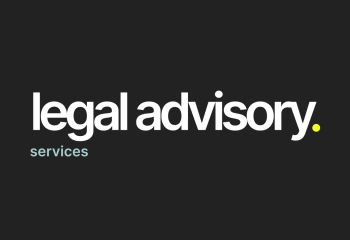
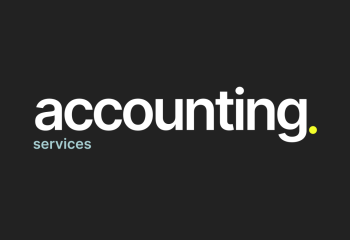
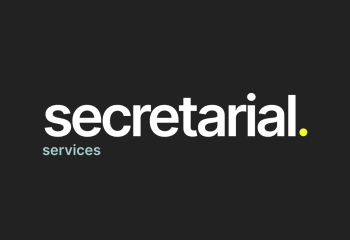
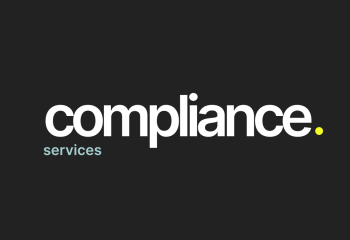


(3).png)
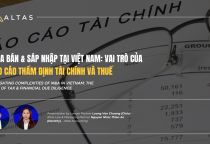

![[LEGAL UPDATE] WHAT TECHNOLOGY SHOULD BE DEPLOYED BY NOTARY OFFICES FOR FULFILMENT OF PERSONAL DATA PROTECTION OBLIGATIONS? [LEGAL UPDATE] WHAT TECHNOLOGY SHOULD BE DEPLOYED BY NOTARY OFFICES FOR FULFILMENT OF PERSONAL DATA PROTECTION OBLIGATIONS?](thumbs/210x144x1/upload/news/legal-update-j-jan2025-2-5840.png)

![[LEGAL UPDATE] KEY HIGHLIGHTS OF THE NEW LAW ON NOTARIZATION 2024 [LEGAL UPDATE] KEY HIGHLIGHTS OF THE NEW LAW ON NOTARIZATION 2024](thumbs/210x144x1/upload/news/legal-update-j-jan2025-6-9279.png)
![[LEGAL UPDATE] ELECTRONIC IDENTIFICATION FOR FOREIGNERS WITHOUT TEMPORARY RESIDENCE CARDS IN VIETNAM [LEGAL UPDATE] ELECTRONIC IDENTIFICATION FOR FOREIGNERS WITHOUT TEMPORARY RESIDENCE CARDS IN VIETNAM](thumbs/210x144x1/upload/news/legal-update-j-jan2025-5-5270.png)
![[LEGAL UPDATE] TRANSITIONING TAX IDENTIFICATION NUMBERS TO PERSONAL IDENTIFICATION NUMBERS FROM JULY 1, 2025: ROADMAP AND PRACTICAL NOTES [LEGAL UPDATE] TRANSITIONING TAX IDENTIFICATION NUMBERS TO PERSONAL IDENTIFICATION NUMBERS FROM JULY 1, 2025: ROADMAP AND PRACTICAL NOTES](thumbs/210x144x1/upload/news/legal-update-j-jan2025-3-6884.png)
![[LEGAL UPDATE] CIRCULAR 03/2025/TT-NHNN - A NEW LEGAL FRAMEWORK FOR INDIRECT INVESTMENT ACCOUNT [LEGAL UPDATE] CIRCULAR 03/2025/TT-NHNN - A NEW LEGAL FRAMEWORK FOR INDIRECT INVESTMENT ACCOUNT](thumbs/210x144x1/upload/news/legal-update-j-jan2025-2-2494.png)







